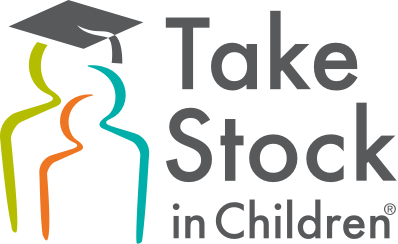Completing the Free Application for Federal Student Aid (FAFSA) is a leading indicator of college enrollment and the first step toward securing scholarships, grants, and loans to cover the cost of college. Yet, according to the Florida College Access Network, only 46.0% of Florida’s students completed the FAFSA during the 2021-22 school year.
Although degree attainment increases an individual’s earning potential over a lifetime, the cost of higher education stands as a barrier to degree attainment for many students. Completing the FAFSA is the first step toward securing federal, institutional, and private aid.
Securing federal assistance through a Pell Grant to aid with tuition or an on-campus work-study opportunity to cover ancillary costs increases student retention and degree completion. These options are afforded to individuals who complete the FAFSA and qualify for financial assistance. Surprisingly, according to a January 2023 report from the National College Attainment Network (NCAN), in the U.S. a total of $3.58 billion in Pell Grants went unclaimed by students who graduated high school in 2022. In Florida, a total of $313,972,793 in Pell Grant funds went unclaimed by class of 2022 graduates.
Anticipating the entire cost of college means covering more than tuition and books. Students should budget for housing, food, transportation, and other essentials of daily living. Financial planning can make college affordable and accessible, allowing students to focus on academic exploration and career readiness. Learn more about how Take Stock in Children and Take Stock in College are helping students break the cycle of poverty through education by preparing them for success in college, career, and life at www.takestockinchildren.org

